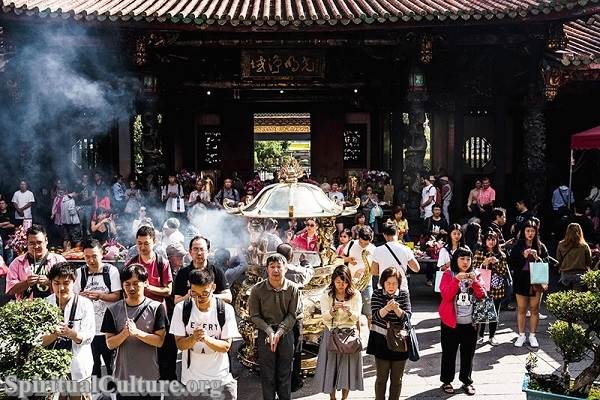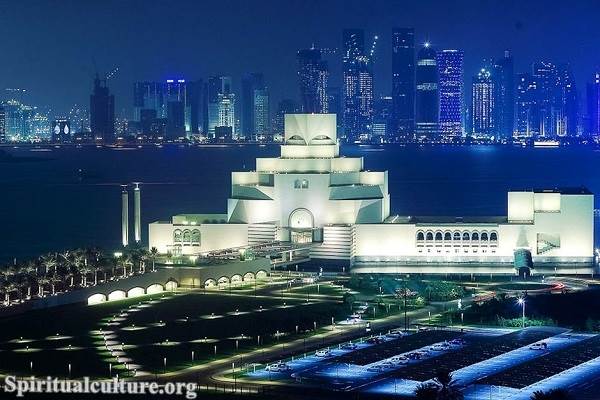Uzbekistan is a country in Central Asia with a long and rich cultural history, a diverse and unique cultural identity.
Uzbekistan is known for its rich and varied cuisine, which includes dishes such as plov (a rice dish with meat and vegetables), shurpa (a hearty soup made with lamb or beef), and lagman (a noodle dish with meat and vegetables). The country is also known for its silk production, and traditional Uzbek clothing often features intricate silk embroidery.
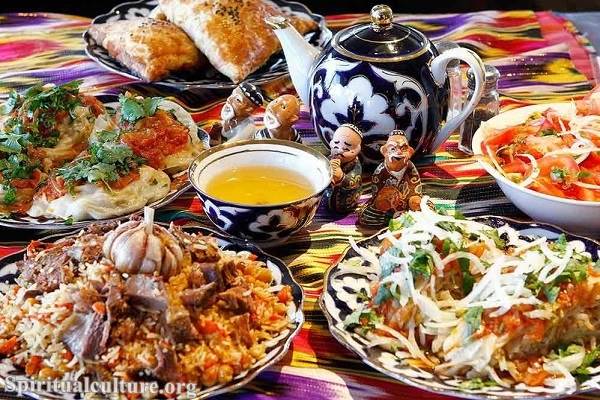
Music and dance are an important part of Uzbek culture, and the country has several traditional instruments, including the dutar (a long-necked, two-stringed instrument), the doira (a frame drum), and the surnai (a wind instrument). Traditional Uzbek dance styles include the Khorezm (a lively dance with hand and arm gestures) and the lezginka (a fast-paced dance with acrobatic movements).
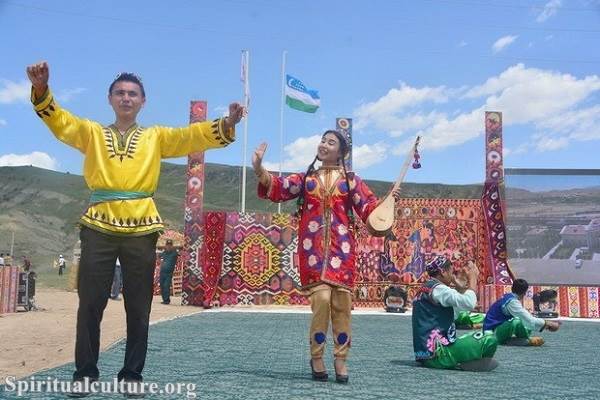
Uzbekistan is predominantly Muslim, and Islam plays a significant role in the country’s culture and daily life. The country has several important historical and cultural sites, including the ancient city of Samarkand, which is home to the famous Registan Square and the Ulugh Beg Observatory, as well as the Mausoleum of Timur, a UNESCO World Heritage site.
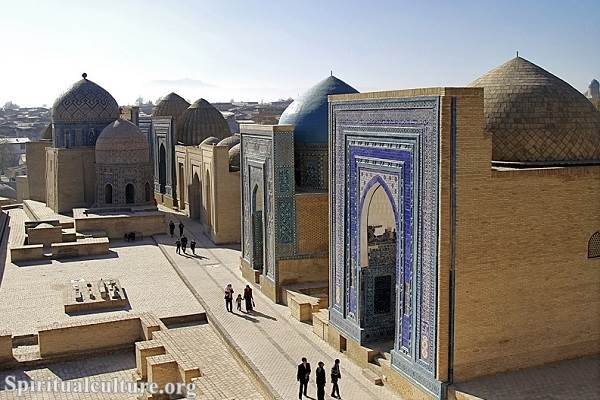
Uzbekistan has a rich and diverse culture influenced by many cultures over the centuries. The country is known for its cuisine, silk production, music and dance, and Islamic heritage.
Uzbekistan has a rich tradition of literature, with several well-known writers and poets. Uzbek literature has its roots in the oral tradition, and many works were originally passed down through the generations through storytelling. Today, Uzbek literature includes works in both the Uzbek language and Russian, and it covers a wide range of genres, including poetry, fiction, and non-fiction.
Uzbekistan has a long history of artistic traditions, including painting, sculpture, and crafts. The country is known for its beautiful hand-made carpets, which are made using traditional techniques and often feature intricate patterns and designs. Other traditional crafts include pottery, metalworking, and wood carving.
Uzbekistan has several festivals and celebrations annually, many of which are tied to the country’s Islamic heritage. One of the most important festivals is Navruz, which marks the beginning of the new year and is celebrated with music, dancing, and feasting. Other important festivals include Eid al-Fitr, which marks the end of Ramadan, and Eid al-Adha, which commemorates the story of Abraham and his willingness to sacrifice his son.
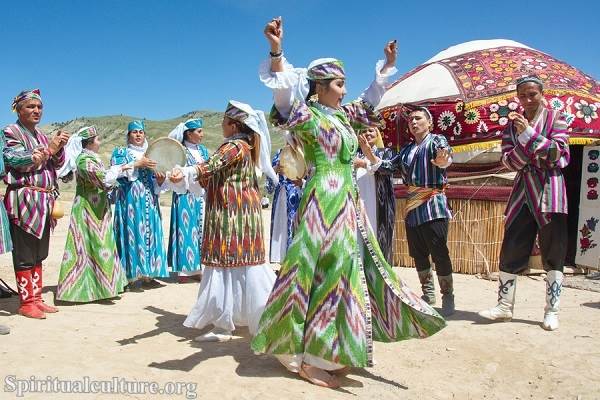
Soccer (football) is the most popular sport in Uzbekistan, and the country has several professional teams and a national team that competes in international tournaments. Other popular sports in Uzbekistan include boxing, wrestling, and judo.
Family is an important part of Uzbek culture, and it is common for extended family members to live close to one another and support each other. Elders are highly respected in Uzbek society, and it is customary to show them deference and to seek their advice on important matters.
Hospitality is an important part of Uzbek culture, and it is common for people to invite guests into their homes and offer them food and drink. It is considered rude to refuse an invitation, and it is customary to bring a small gift, such as sweets or flowers when visiting someone’s home.
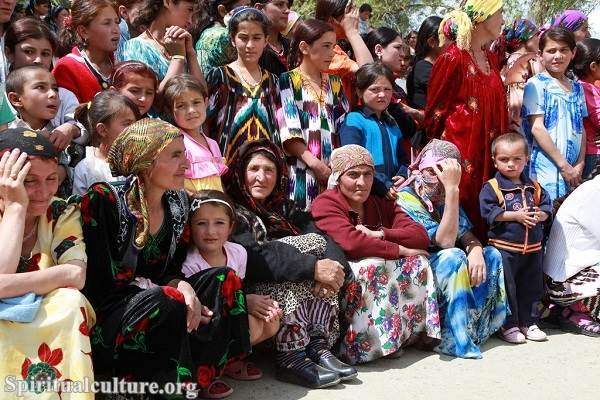
Weddings in Uzbekistan are often elaborate affairs that involve several traditional customs and rituals. These can include the bride’s family offering a dowry to the groom’s family, exchanging engagement rings, and the couple participating in a formal wedding ceremony. After the wedding, it is common for the couple to host a large reception where they serve food and drink to their guests.
Like many other cultures, Uzbekistan has traditional gender roles, with men and women having specific roles and responsibilities within the family and society. However, in recent years, there has been a shift towards more gender equality, and women are increasingly participating in the workforce and taking on leadership roles.
Generally, Uzbek culture is shaped by several factors, including religion, family, hospitality, and traditional gender roles. It is a vibrant culture deeply rooted in the country’s history and the many different cultures that have influenced it over the centuries.

